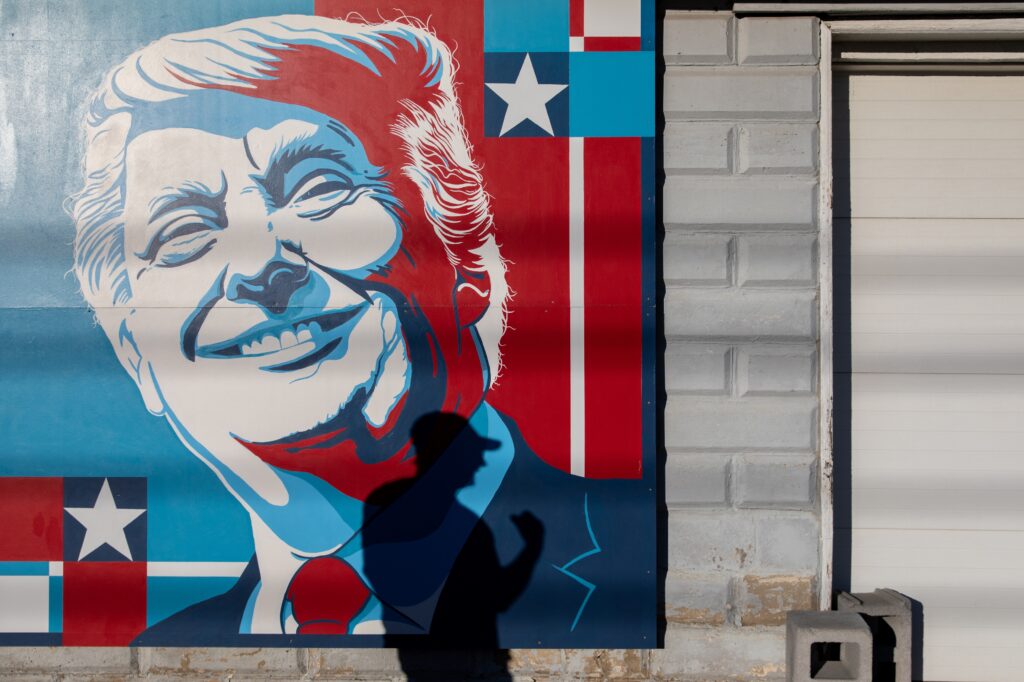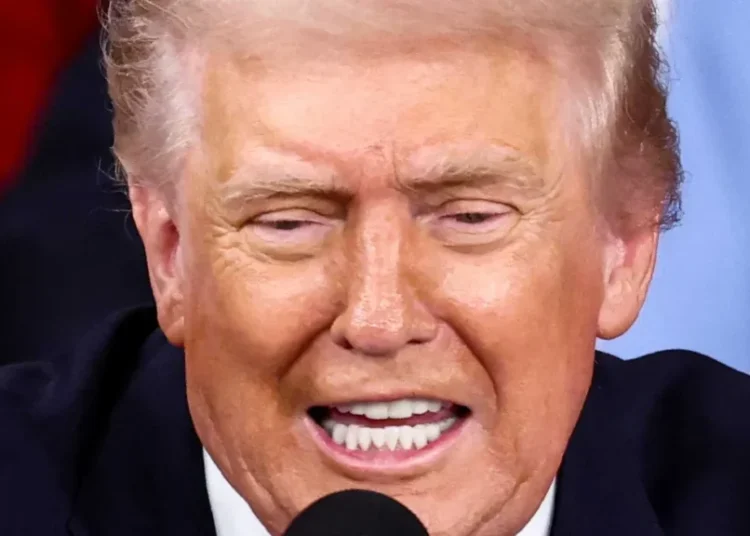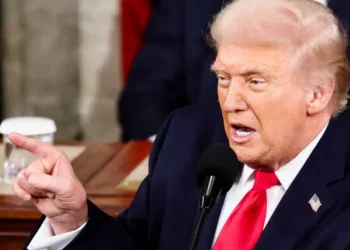In a conversation with a friend from Pakistan, I lamented that country’s recent decision to give the head of its army expanded powers, including lifetime immunity from legal prosecution. My friend replied, “We’re just following in America’s footsteps. Didn’t your Supreme Court rule that the president could kill his political opponent and yet be immune from prosecution?”
Welcome to America’s new democratic export: the unchecked executive.
If America’s Founding Fathers were to come back and look at their legacy, what would without doubt stun them is the modern presidency. They designed the American political system explicitly to fragment power. They were reacting against a monarch and the “accumulation of all powers … in the same hands” (Federalist No. 47). They purposefully conceived of a decentralized and restrained executive, described in the notably brief Article II. The presidency was an office for “faithfully executing the laws,” bounded by carefully constructed checks from the legislature and the judiciary.
Congress, by contrast, was named the first branch of government and vested with the lion’s share of authority — the powers to tax, spend, declare war and regulate commerce. James Madison, the de facto author of the Constitution, explicitly acknowledged this fact in Federalist No. 51, writing that “In republican government, the legislative authority necessarily predominates.”
Even Alexander Hamilton, often thought to have urged an imperial presidency, in fact believed strongly that the president had few monarchical powers. In Federalist No. 69, he contrasts the British king with the American president, saying that the latter is elected for merely a four-year term and is “amenable to personal punishment and disgrace.” He adds that Congress — and not the president — was given the powers to provide advice and consent on treaties, declare war and raise an army. One reason the president’s foreign policy powers are mostly limited to military command, he explains in Federalist No. 75, is that “an avaricious man might be tempted to betray the interests of the state to the acquisition of wealth. An ambitious man might make his own aggrandizement, by the aid of a foreign power, the price of his treachery to his constituents.”
Yet by the 1960s, this finely tuned mechanism had seized up. Wars, economic crises and the media’s tendency to nationalize and centralize attention created a one-way ratchet for ever-increasing, unchecked presidential power. This dramatic imbalance culminated in the constitutional crises of the Vietnam War and Watergate. In the 1970s, Congress, finally energized by bipartisan outrage, passed a series of laws designed to rein in executive excess. For example, the Inspector General Act of 1978 created a cadre of internal watchdogs to root out waste and fraud, premised on the understanding that they would be protected from political retaliation.
The whole set of restraints didn’t work. While Congress established the legal mechanisms for control, including regarding war powers, it lacked the collective political will to hold the president to them. Furthermore, after 9/11, war on terror resolutions effectively nullified these restraints, all but giving presidents carte blanche for the use of military force.
Beyond the legal restraints, after Richard M. Nixon’s presidency, both parties agreed to a set of powerful norms — for example, firewalling the Justice Department from the White House to keep the president from directing the attorney general to investigate or prosecute specific individuals. Additionally, presidents voluntarily released their tax returns and placed assets in blind trusts, part of a commitment to financial transparency designed to assure the public that the commander in chief was not profiting from the office.
The Trump administration has shredded these constraints. Even worse, the most egregious violations have been sanctified by the Supreme Court based on the bizarre unitary executive theory. This once-fringe legal doctrine asserts that a terse phrase in Article II somehow grants the president unrestricted authority over the executive branch. Even though Congress has been explicitly given the power of the purse and can create agencies and departments, determine their structures and functions, and direct where its funds be spent, the president, the theory claims, has virtually unlimited power to run those agencies, even when he violates specific congressional intent.
This expansion of executive power has culminated in the Supreme Court’s 2024 decision in Trump v. United States, in which the court held that presidents enjoy absolute immunity for actions within their “core constitutional powers” and presumptive immunity (at a minimum) for all other “official acts.” In a blistering dissent, Justice Sonia Sotomayor noted that under this standard, a president could arguably order SEAL Team 6 to assassinate a political rival and be shielded from criminal liability, provided the order was given through official channels.
The American presidency has journeyed from a modest, constitutionally constrained office to a super presidency that commands total attention and power. And while President Donald Trump has pushed these powers to the utmost, he has been enabled by a failure of political courage in Congress and an ideological Supreme Court that seems to have lost any respect for original intent and precedent. The result is a structural asymmetry where the first branch of government is now the weakest, and the Supreme Court is a rubber stamp.
The court has a chance to stop this accumulation of power by asserting what they plainly know is true: that the president can’t declare national emergencies at will to place and remove tariffs unilaterally. If not, the American presidency will become for the world not an example of limited, constitutional government, but rather of rule by a strongman wielding even more unbridled power than King George III did when the Founding Fathers rebelled against him 250 years ago.
The post Strongmen around the world are increasingly inspired by America’s example appeared first on Washington Post.




